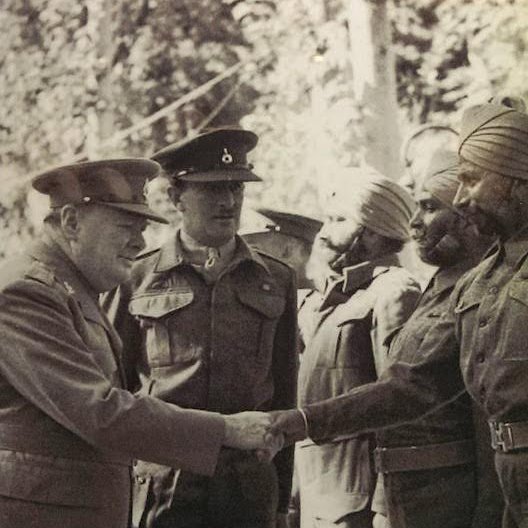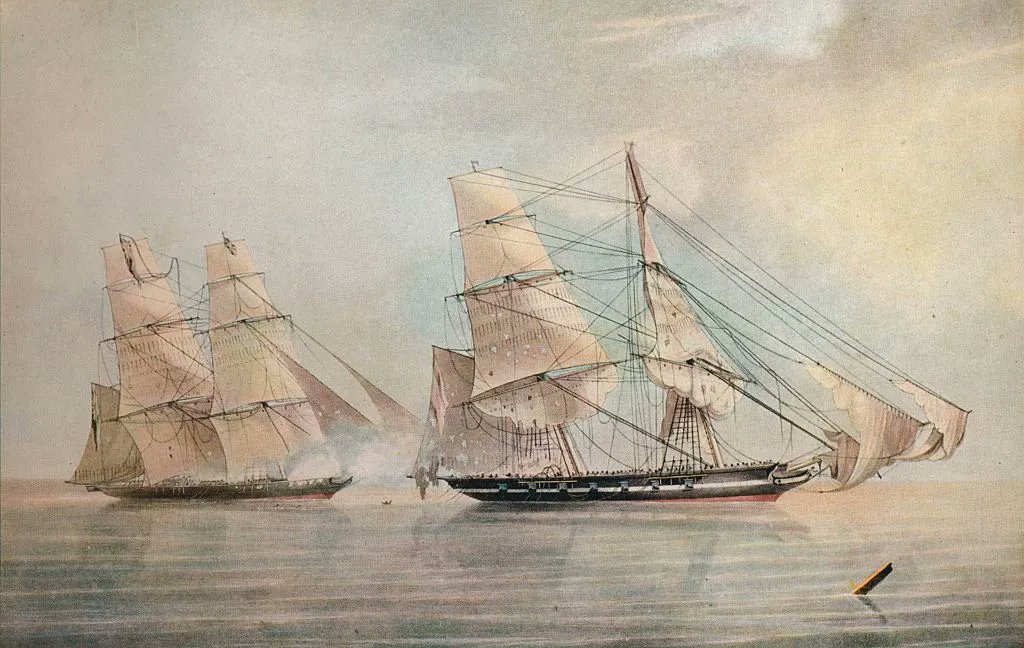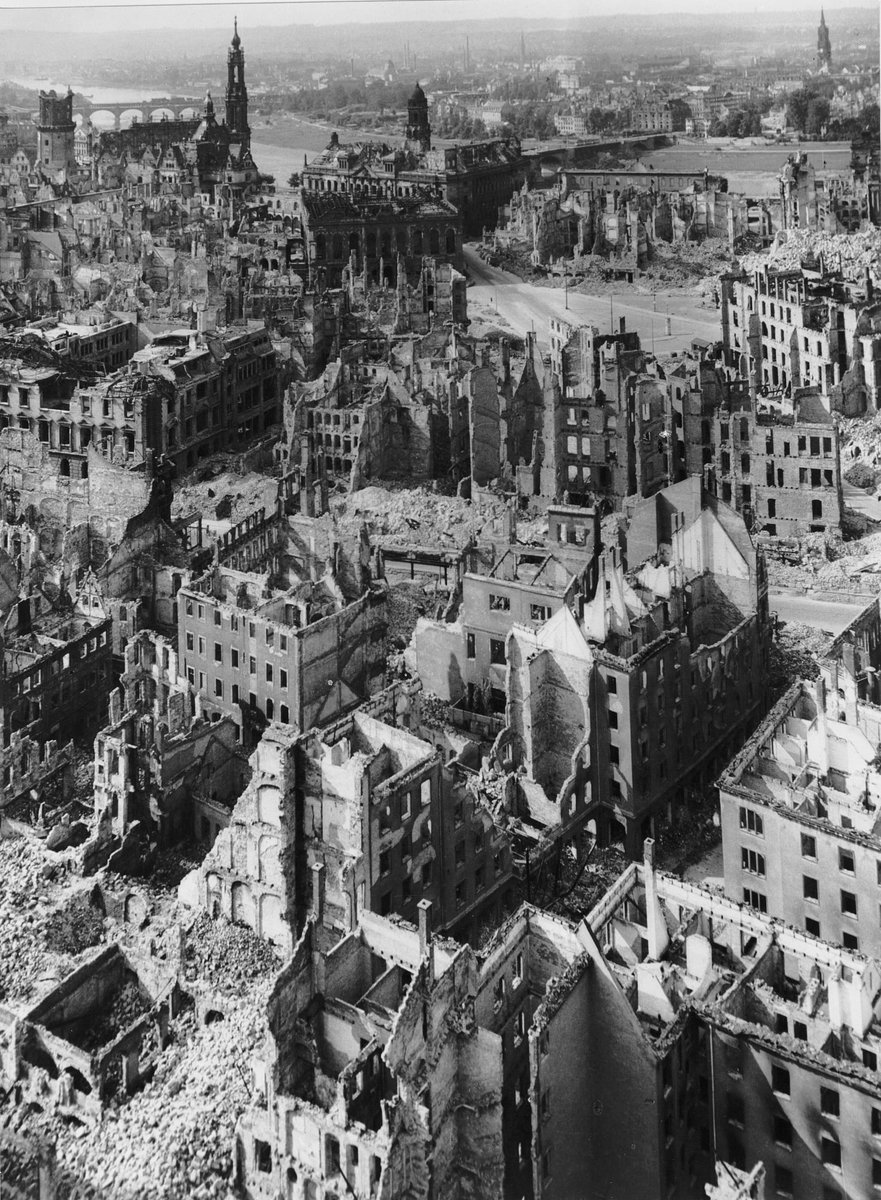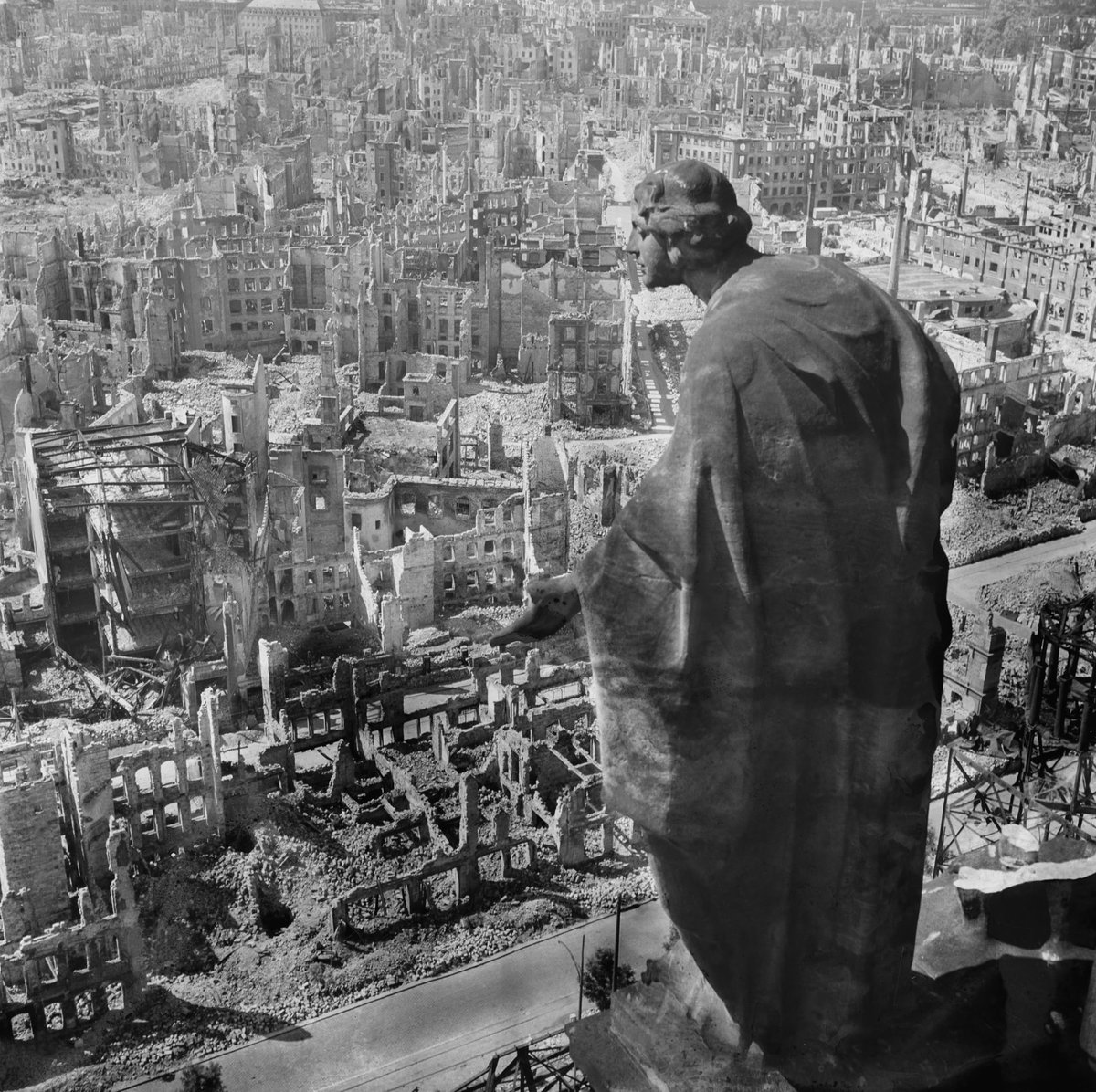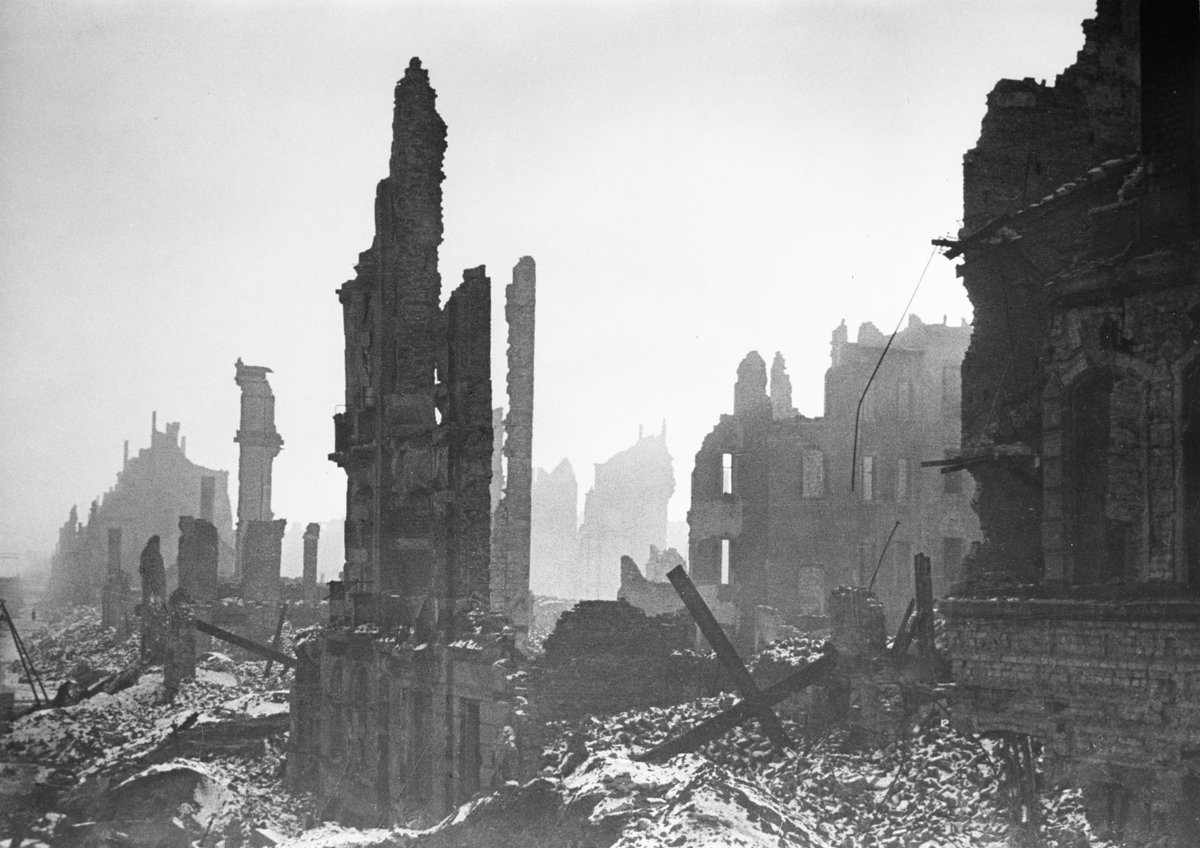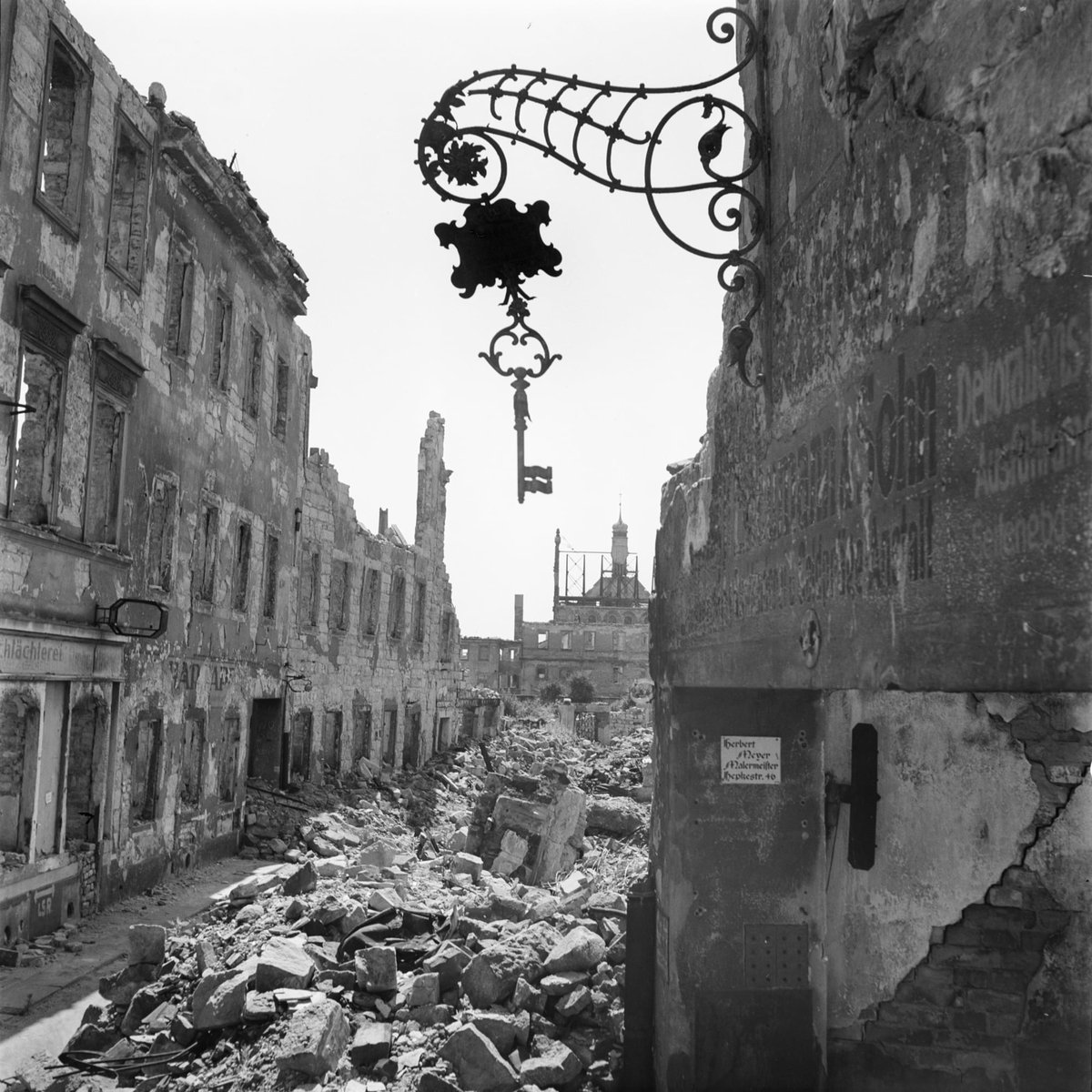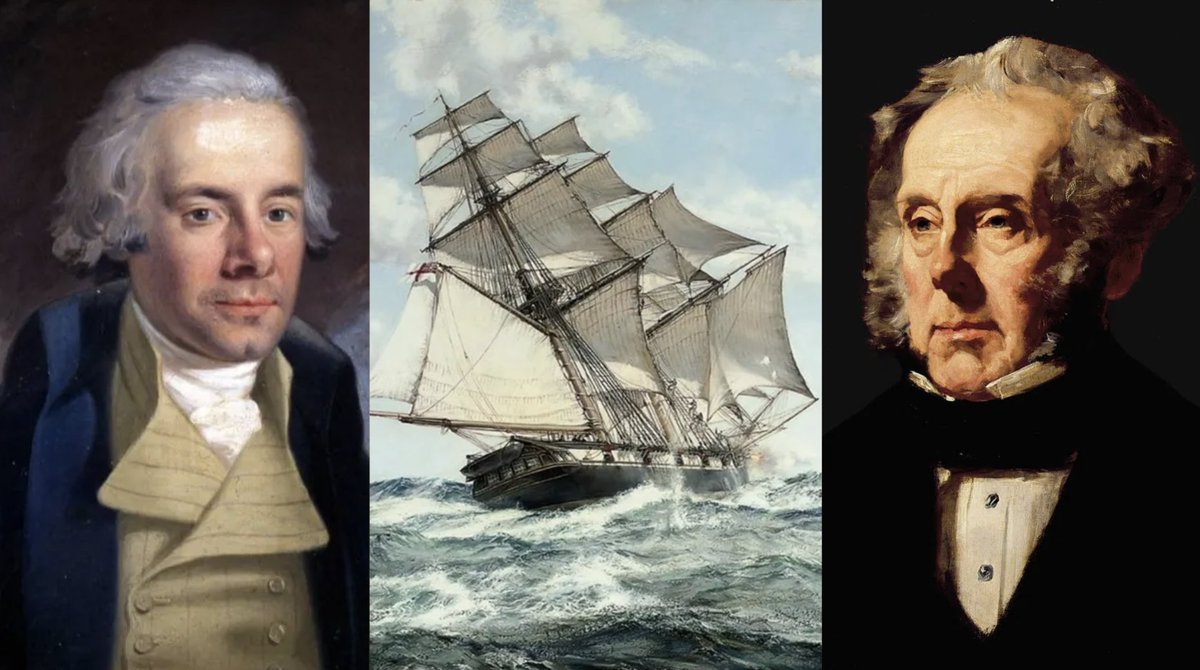Sir Winston Churchill's legacy is under frequent attack by political activists who peddle ahistorical lies.
From accusations of genocide to 'crushing' Welsh miners, I'm going to take apart as many of these fallacies as I can in a single thread.
(Sources cited at the end.)
From accusations of genocide to 'crushing' Welsh miners, I'm going to take apart as many of these fallacies as I can in a single thread.
(Sources cited at the end.)
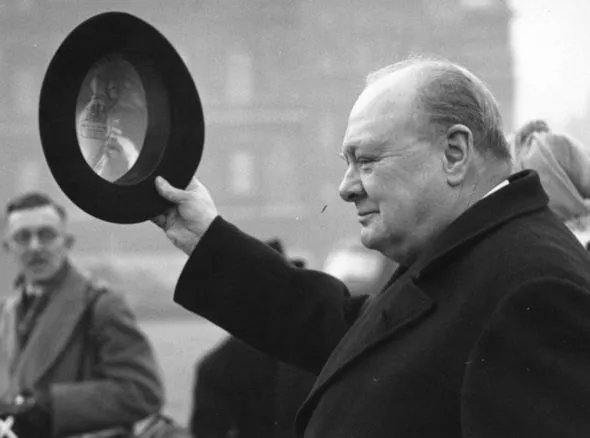
This thread is based upon my reading of thousands of pages of primary sources. Let's begin.
1) Bengal Famine 1943
I've spoken about this on numerous occasions & have an academic paper on this subject coming out later this year.
So, I'll just briefly go over some key facts.
1) Bengal Famine 1943
I've spoken about this on numerous occasions & have an academic paper on this subject coming out later this year.
So, I'll just briefly go over some key facts.
In October 1942, a cyclone hit Bengal & Orissa, wiping out the rice crop harvest.
The cyclone damaged infrastructure like roads & railways - tracks washed away - and prevented the normal winter harvest in Northern India, stopping such internal food aid.
The cyclone damaged infrastructure like roads & railways - tracks washed away - and prevented the normal winter harvest in Northern India, stopping such internal food aid.
Surrounding areas previously used to purchase foodstuff to alleviate famines/shortfalls were all under Japanese control - this included Burma, Malaya and more.
Japan had a military presence in the Bay of Bengal from April 1942 onwards. Their submarines were dangerous.
Japan had a military presence in the Bay of Bengal from April 1942 onwards. Their submarines were dangerous.
And sank merchant shipping. Japan had invaded Imphal & Kohima and was conducting many South Eastern bombing raids.
The news of the famine's severity did not reach Westminster till August of 1943.
The news of the famine's severity did not reach Westminster till August of 1943.
From August 1943- Dec of 1944, a little under 1 million tons of grain would be shipped to India, to alleviate the famine.
This was despite an Allied shipping crisis and the Japanese threat at sea.
This was despite an Allied shipping crisis and the Japanese threat at sea.
Here's a link to my Spectator article on the subject:
spectator.co.uk/article/winsto…
And here is a more in depth thread (which also disproves the ahistorical accusation that Churchill hated Indians. Again, primary sources are cited.) :
spectator.co.uk/article/winsto…
And here is a more in depth thread (which also disproves the ahistorical accusation that Churchill hated Indians. Again, primary sources are cited.) :
https://twitter.com/AndreasKoureas_/status/1639329604996325379?s=20
2) Gassing Tribes
People accuse Churchill of being in favour of genocide by gassing protestors. In reality, Churchill was in favour of using tear gas against rioters.
We know this as Churchill used the words 'lachrymatory gas' which is tear gas.
People accuse Churchill of being in favour of genocide by gassing protestors. In reality, Churchill was in favour of using tear gas against rioters.
We know this as Churchill used the words 'lachrymatory gas' which is tear gas.
His detractors clearly ignore the full quote.
Taken from a departmental minute of the War Office on the 12th May 1919, this is what Churchill said in full:
"It is sheer affectation to lacerate a man with the poisonous fragment of a bursting shell...
Taken from a departmental minute of the War Office on the 12th May 1919, this is what Churchill said in full:
"It is sheer affectation to lacerate a man with the poisonous fragment of a bursting shell...
"...and to boggle at making his eyes water by means of lachrymatory gas. I am strongly in favour of using poisoned gas against uncivilised tribes.
The moral effect should be so good that the loss of life should be reduced to a minimum...
The moral effect should be so good that the loss of life should be reduced to a minimum...
" It is not necessary to use only the most deadly gasses: gasses can be used which cause great inconvenience and would spread a lively terror and yet would leave no serious permanent effects on most of those affected."
3) Antisemitism.
A recent outrageous claim I heard (from a supposed History grad at SOAS) was that Churchill was antisemitic.
Winston, in reality, was a philosemite. He supported Jewish rights, had Jewish friends and supported the establishment of a Jewish state in Palestine.
A recent outrageous claim I heard (from a supposed History grad at SOAS) was that Churchill was antisemitic.
Winston, in reality, was a philosemite. He supported Jewish rights, had Jewish friends and supported the establishment of a Jewish state in Palestine.
This was, of course, very uncommon for a Victorian aristocrat like Churchill.
In 1904-1908, Churchill represented the constituency, Manchester North. About 1/3 of the constituents were Jewish (Less than 1% of the overall British populous were Jewish at this time.)
In 1904-1908, Churchill represented the constituency, Manchester North. About 1/3 of the constituents were Jewish (Less than 1% of the overall British populous were Jewish at this time.)
During this period Churchill joined the Jewish tennis and cricket club and the Jewish soup kitchen.
Winston visited many of the Jewish institutions in the area.
He told the Jewish working men's club that their community were, "an inspiration and a source of great strength."
Winston visited many of the Jewish institutions in the area.
He told the Jewish working men's club that their community were, "an inspiration and a source of great strength."
Winston would oppose the antisemitic Aliens bill in 1905 - the bill was designed to prevent Jews fleeing from the Russian pogroms coming to the UK.
There are countless other examples of Churchill supporting Jewish rights, as well as him being a Zionist.
There are countless other examples of Churchill supporting Jewish rights, as well as him being a Zionist.
I am covering such in a future livestream for my Patreon supporters on the 24th April 7PM UK Time.
(It will be recorded for any supporters wishing to watch this later.)
patreon.com/posts/churchil…
(It will be recorded for any supporters wishing to watch this later.)
patreon.com/posts/churchil…
4) Crushing the Welsh miners at Tonypandy, Wales.
In November 1910, Welsh coalminers went on strike in Rhondda Valley.
Churchill has been accused on sending in soldiers to kill the miners. Some going as far to say he sent tanks - tanks wouldn't be invented till 1915.
In November 1910, Welsh coalminers went on strike in Rhondda Valley.
Churchill has been accused on sending in soldiers to kill the miners. Some going as far to say he sent tanks - tanks wouldn't be invented till 1915.
In reality, rather than sending the military in (as riots had broken out),
Churchill met with Richard Haldane (Secretary of State for War) and agreed to only send police constables.
Churchill's restraint was based on his belief that soldiers would be inappropriate.
Churchill met with Richard Haldane (Secretary of State for War) and agreed to only send police constables.
Churchill's restraint was based on his belief that soldiers would be inappropriate.
He was even in favour of having the strikers get a meeting with the Board of Trade.
However, the riots did not end. Instead, it expanded into the near town Tonypandy.
63 shops were looted/damaged.
Calls for soldiers were made by the officer in command of the Southern Command.
However, the riots did not end. Instead, it expanded into the near town Tonypandy.
63 shops were looted/damaged.
Calls for soldiers were made by the officer in command of the Southern Command.
Churchill responded on the 8th November that,
“In no case should soldiers come in direct contact with rioters unless and until action had been taken by the police."
The soldiers then dispatched would stay in the area till October 1911. However, the soldiers did not kill anybody.
“In no case should soldiers come in direct contact with rioters unless and until action had been taken by the police."
The soldiers then dispatched would stay in the area till October 1911. However, the soldiers did not kill anybody.
I will go over these topics (as well as others) in more depth in my new history channel.
If that seems interesting, please do subscribe: youtube.com/@Andreas_Koure…
If that seems interesting, please do subscribe: youtube.com/@Andreas_Koure…
Churchill, of course, did have many faults and failures.
This includes but is not limited to Gallipoli, women's suffrage, the fudging of the Gold standard to the abdication crisis.
However, for all his faults, Sir Winston Churchill was there in humanity's darkest hour.
This includes but is not limited to Gallipoli, women's suffrage, the fudging of the Gold standard to the abdication crisis.
However, for all his faults, Sir Winston Churchill was there in humanity's darkest hour.
Winston saved civilisation.
We should remember his faults - but not make up random ahistorical lies like many modern day political activists.
We should remember his faults - but not make up random ahistorical lies like many modern day political activists.
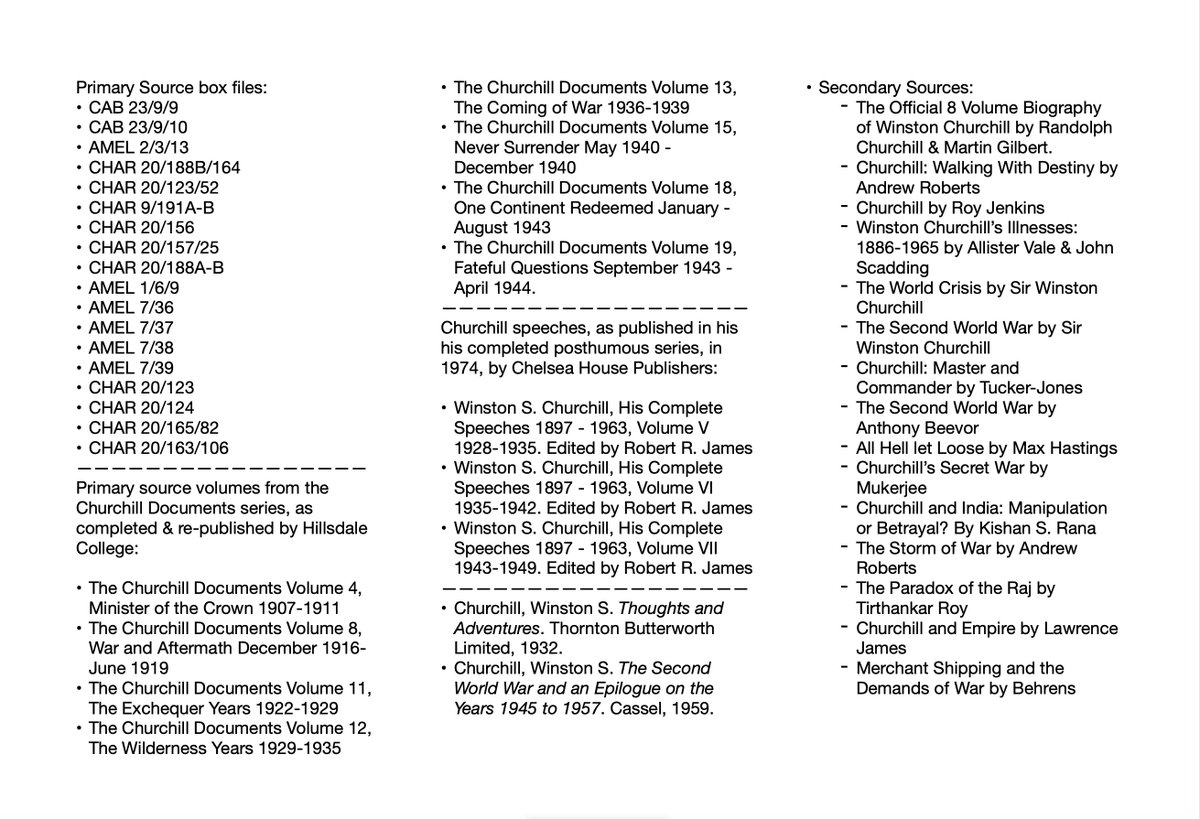
• • •
Missing some Tweet in this thread? You can try to
force a refresh

 Read on Twitter
Read on Twitter

